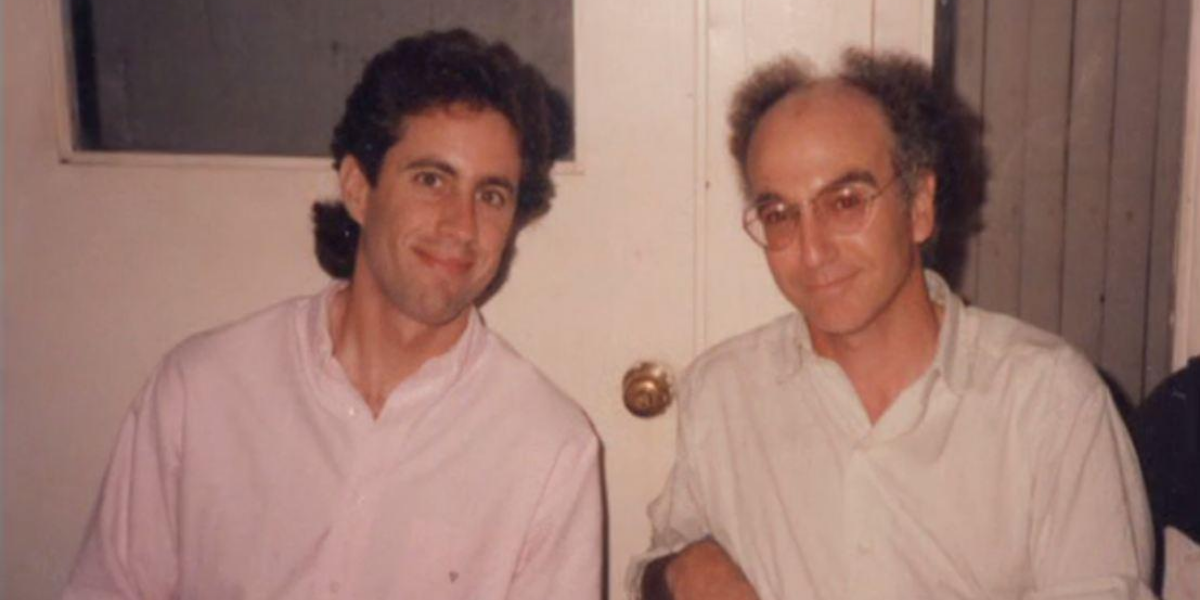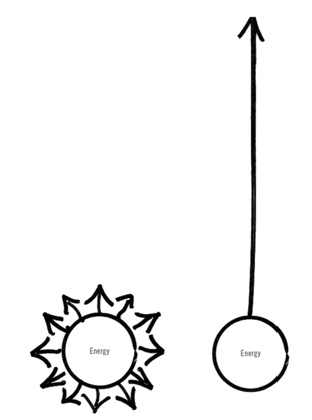Leaders who execute focus on a very few clear priorities that everyone can grasp. Why just a few? First, anybody who thinks through the logic of a business will see that focusing on three or four priorities will produce the best results from the resources at hand. Second, people in contemporary organizations need a small number of clear priorities to execute well. In an old-fashioned hierarchical company, this wasn't so much of a problem - people generally knew what to do, because the orders can down through the chain of command. But when decision making is decentralized or highly fragmented, as in a matrix organization, people at many levels have to make endless trade-offs. There's competition for resources, and ambiguity over decision rights and working relationships. Without carefully thought-out and clear priorities, people can get bogged down in warfare over who gets what and why.
A leader who says "I've got ten priorities" doesn't know what he's talking about - he doesn't know himself what the most important things are. You've got to have these few, clearly realistic goals and priorities, which will influence the overall performance of the company.
Execution: The Discipline of Getting Things Done by Larry Bossidy & Ram Charan with Charles Burck. 2002. Crown Business, NY, NY. p. 69





















